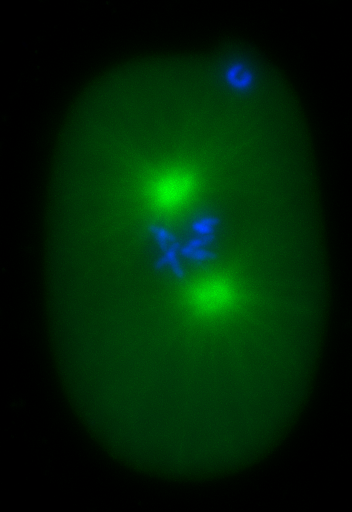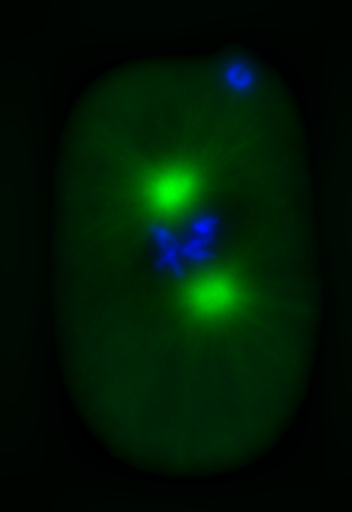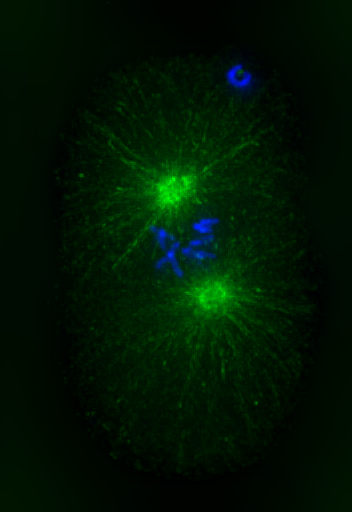Fast Multilevel Thresholded-Landweber Deconvolution Algorithm
Presentation
Recently, the concept of sparsity has attracted a lot of interest for the resolution of inverse problems. The standard algorithm for solving the corresponding L1-regularized variational problem is known as the Thresholded Landweber (TL) algorithm. However, this algorithm exhibits slow convergence for ill-conditioned operators arising for example in deconvolution.
Our MultiLevel Thresholded Landweber (MLTL) algorithm is an accelerated version of the TL algorithm that was specifically developped for deconvolution problems with a wavelet-domain regularization. By cycling through the wavelet-subbands in a multigrid-like fashion, it achieves a substantial speed-up.
The present Matlab package implements the MLTL algorithm as described in the reference below. It is designed to work with data sets of arbitrary dimension (1D, 2D, 3D or more).
Example
The following images are maximum-intensity projections of a 3D image stack acquired on a widefield fluorescence microscope.
From left to right: original image; output of the standard Thresholded Landweber algorithm after 15 iterations; output of the MultiLevel Thresholded Landweber algorithm after 15 iterations.



References
Software
Supported platforms
The software was tested with the latest version of Matlab on the following platforms:Download
The most recent version of the Matlab package is available here (ZIP file, 138 KB). A short update history is provided below for reference:
Instructions
The inputs and the parameters of the algorithm can be modified by editing the script 'demo.m'; please refer to the comments inside this script.
To recompile the wavelet-transform MEX files under Matlab:
Conditions of use
You are free to use this software for research purposes, but you should not redistribute it without our consent. In addition, we expect you to include an adequate citation and acknowledgment whenever you present or publish results that are based on it. EPFL makes no warranties of any kind on this software and shall in no event be liable for damages of any kind in connection with the use and exploitation of this technology.
Contact information
If you have any comments, please feel free to contact Cédric Vonesch:
